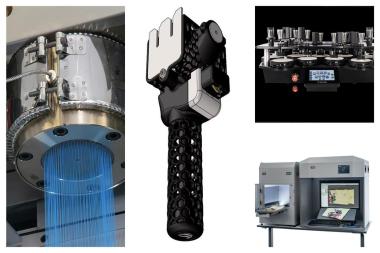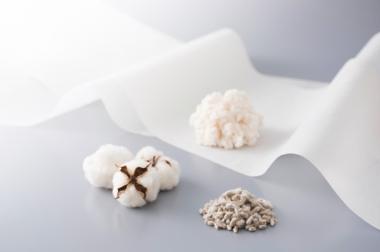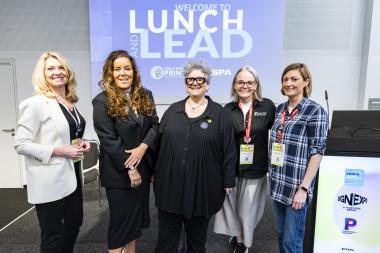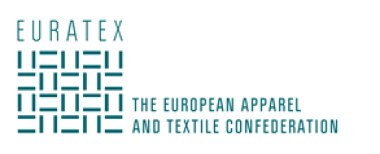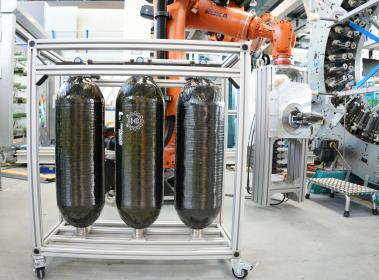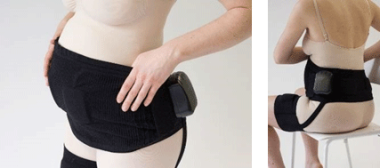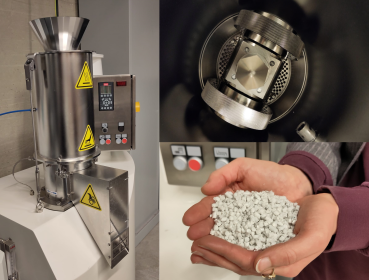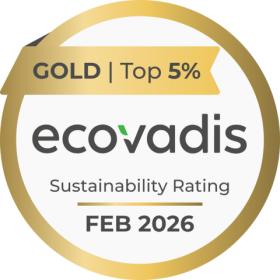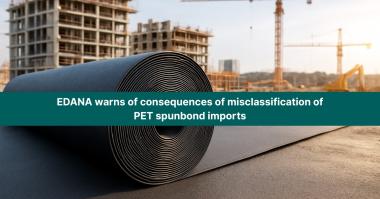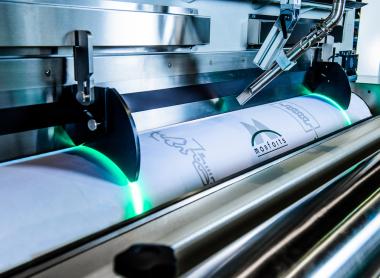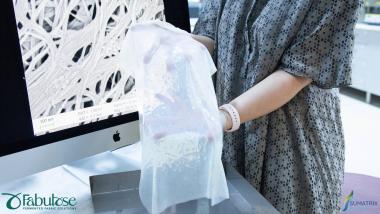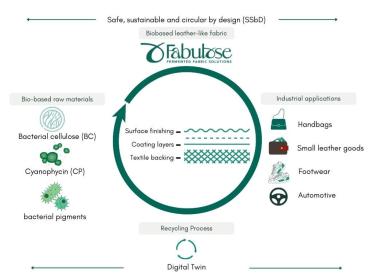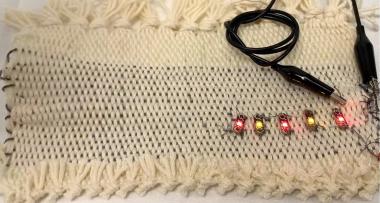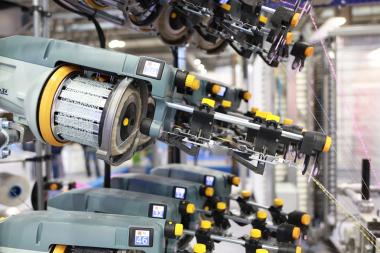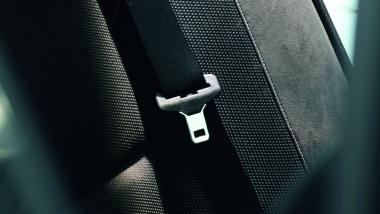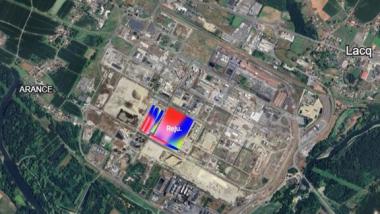Petri Alava, Founder of Infinited Fiber Company, Joins Haelixa Board
Haelixa, the Swiss pioneer in DNA-based traceability and product authentication, announced that Petri Alava, founder and former CEO of Infinited Fiber Company, has joined its Board of Directors.
Alava founded Infinited Fiber Company and, over a 10-year journey, led it through the stages of development to the threshold of its industrial scale-up phase, transforming breakthrough textile-to-textile recycling technology into a globally recognised material innovation platform. During his tenure, the company secured more than €100 million in strategic funding from H&M Group, Inditex, Adidas and Zalando, and established over €200 million in long-term commercial offtake agreements with brands including Patagonia and PVH.
His appointment follows Haelixa's recent €2M capital raise and accelerating international deployment across textiles, luxury goods and high-value materials, bringing operational scale experience to complement the company's deep scientific expertise.
The industry is navigating tightening regulation, margin pressure and geopolitical instability. As scrutiny over origin, authenticity and product claims intensifies, verification is becoming central to supply chain risk management and resilience.
Haelixa embeds invisible, forensic DNA markers directly into materials, giving brands product-level proof across supply chain due diligence and luxury authentication. Its newly launched DNA-based Authenticity Service extends this capability to enable rapid verification across resale, repair and distribution channels, addressing growing demand as counterfeit risk increasingly intersects with operational and reputational exposure.
“Global supply chains are built on documents and declarations. These systems are increasingly unreliable. Haelixa embeds proof into the product itself, creating a scalable trust layer that works across industries. That’s what makes it powerful. Not just for one sector, but as infrastructure for global supply chain trust.”
Haelixa






